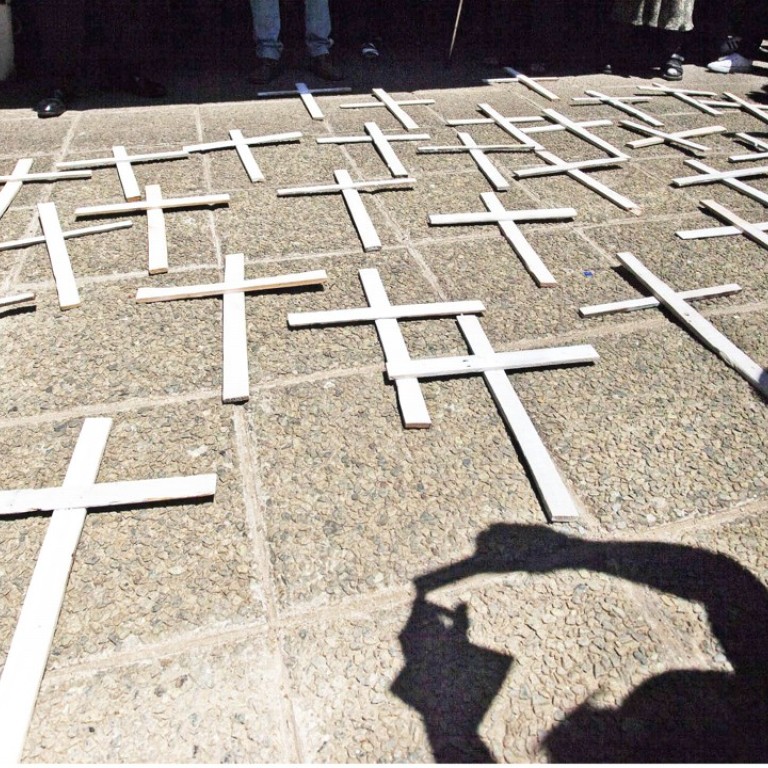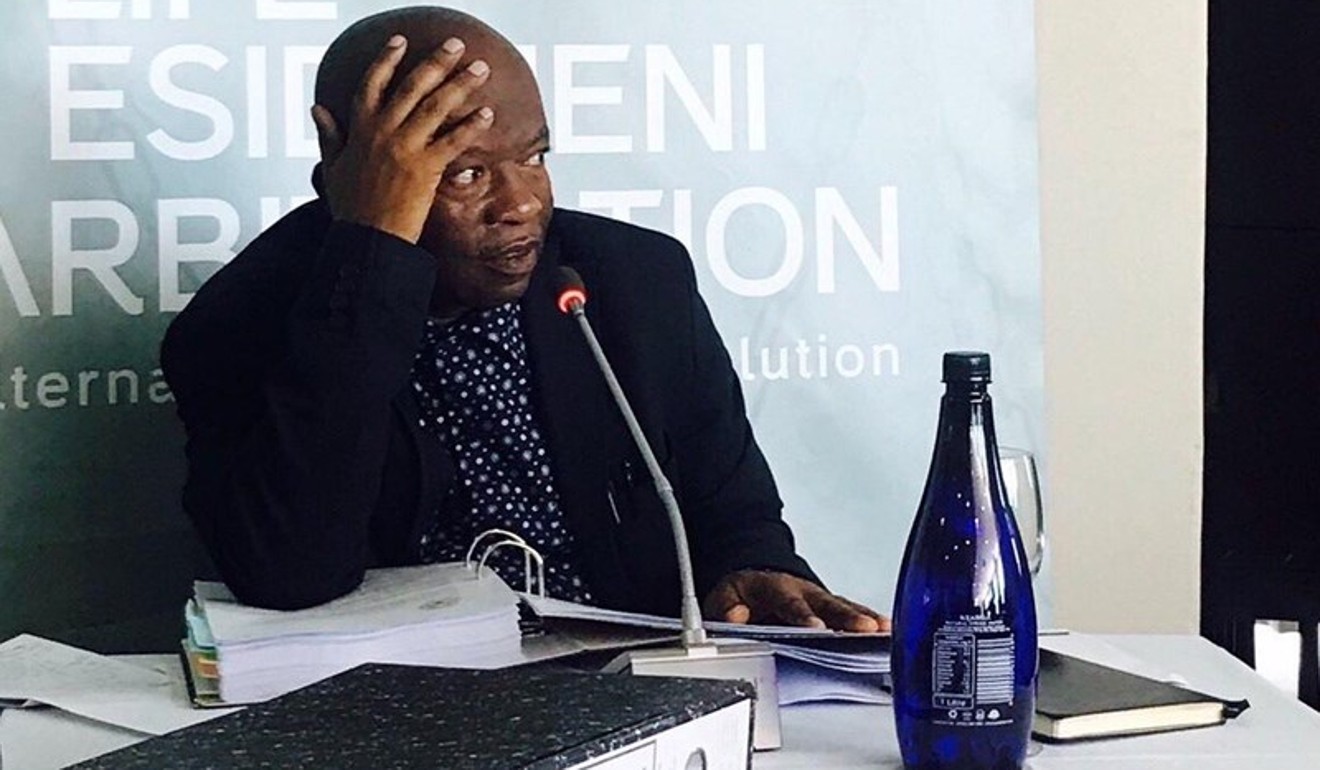
‘Extreme neglect, abuse’ led to 141 mentally-ill patient deaths at South African clinics, lawyer says
Weeks of gruelling testimonies at an inquiry in South Africa have tried to answer an unfathomable question – how authorities allowed 141 mentally-ill patients to die after being moved out of a hospital.
The evidence presented has been a litany of neglect, incompetence and cruelty that lawyer Dirk Groenewald described as “the greatest human rights violation since the dawn of democracy” in South Africa.
Every day, families of the victims have told shocking stories of how their loved ones were taken from the hospital, badly mistreated at unlicensed health facilities, then died.
Starting last February, more than 1,700 patients were rapidly relocated from the Life Esidimeni hospital in Johannesburg to 27 privately run clinics that were unable to care for them.
The Gauteng provincial health department cancelled its contract with Esidimeni as a cost-cutting measure.
“One day my sister went to go see our mother, but was told she was moved. Nobody contacted us,” Boitumelo Mangena, 24, told the inquiry in one of many harrowing personal accounts.
“My brother found her [at a clinic]. She lost a lot of weight. She hadn’t been bathed for a while, I could tell it from the smell.”
Mangena’s mother, who suffered dementia, died three weeks after being moved from Esidimeni to one clinic and then another in Soweto.
“The cause of death was cardiac arrest and epileptic fit. My mother was never epileptic. We discovered she had been starved and dehydrated to death,” she said. “These people were sent to their death and they died in the most horrible way possible, they were tortured to death.”
An official investigation, which sparked uproar in South Africa, detailed how confused patients were hurriedly removed from the hospital and taken to care centres that were often overcrowded. Staff were untrained, the facilities were ill-equipped, and patients were left far from their families, who didn’t know where they were.
Joseph Maboe, a pastor, told the inquiry that he went to Esidimeni to visit his 53-year-old son Billy, who was epileptic.
“Billy was very happy to be there (Esidimeni),” he said.
Instead, Maboe found Billy had been transferred and he saw other patients being moved in “big trucks”.
“They were just like goats and sheep taken to an auction,” he said.
Later he found his son at a clinic outside Pretoria looking “frail, filthy, hungry and disorientated”.
“He asked for water and they said they couldn’t give it to him because he wets himself.”
Billy died less than a week later.
“When we are shattered like this, what can we say to the government? They don’t care,” Maboe said.

Adila Hassim, a lawyer representing the families, summed up the tragedy as “a sorry tale of extreme neglect, insufficient or rotten food, exposure to cold, lack of medication, overcrowding, abuse, death and late notifications of death”.
She said some families had even told of searching through piles of bodies at the mortuary to find their loved ones.
Faced with the torrent of grim stories, the provincial health authorities apologised at the compensation inquest in Johannesburg.
“It was all irrational, it was rushed and not necessary. It was not urgent, but we did it,” Levy Mosenogi, chief planning director for the Gauteng health department, said, tears rolling down his face.
Many officials have pointed to former Gauteng health minister Qedani Mahlangu as the chief architect of the botched relocation plan.
Mahlangu has promised to testify at the commission but has not yet been available, saying she is currently studying in London.

.png?itok=arIb17P0)